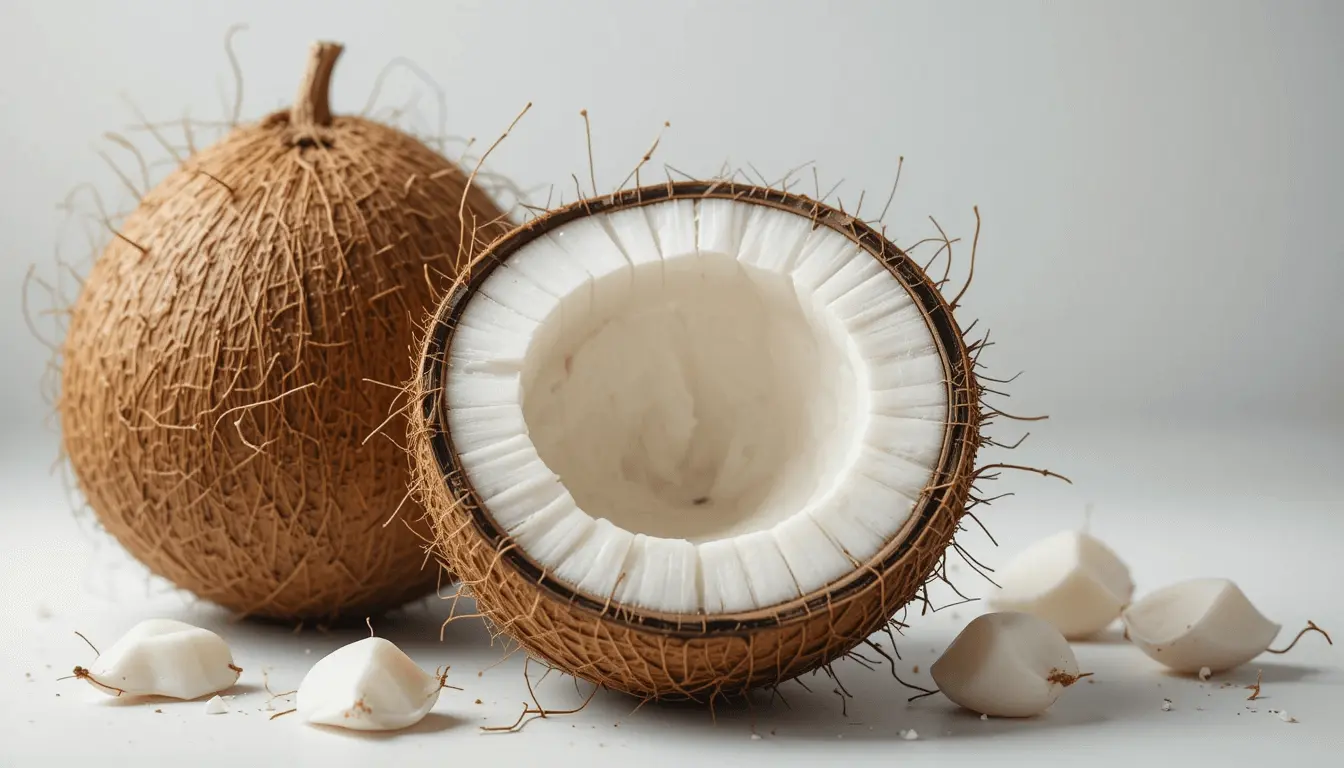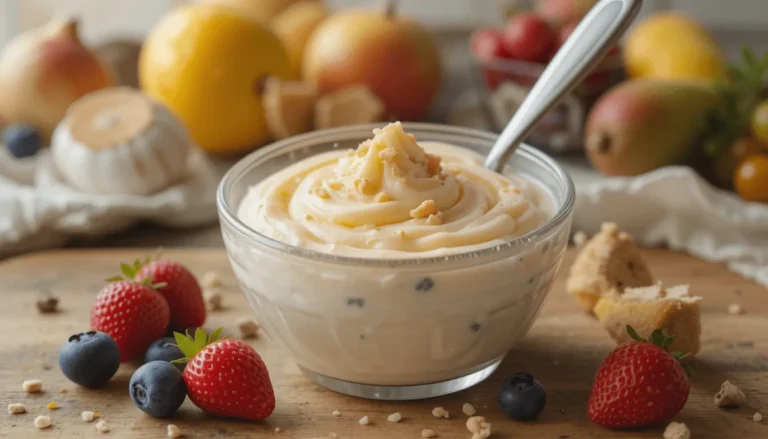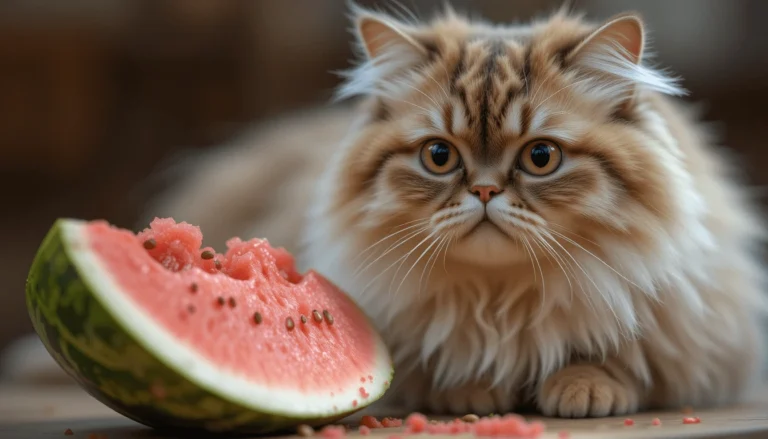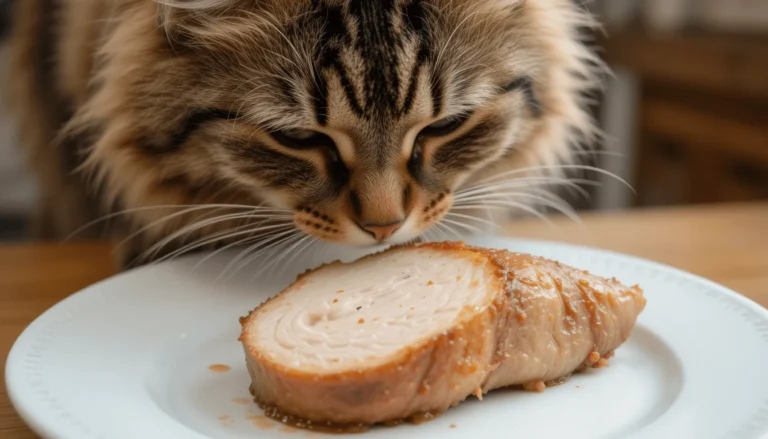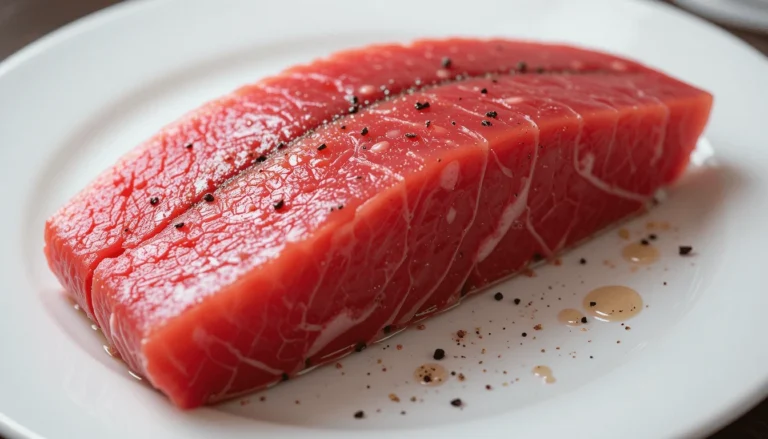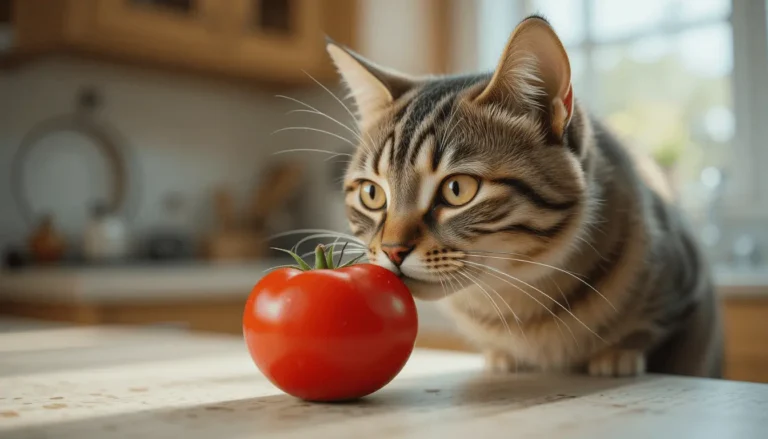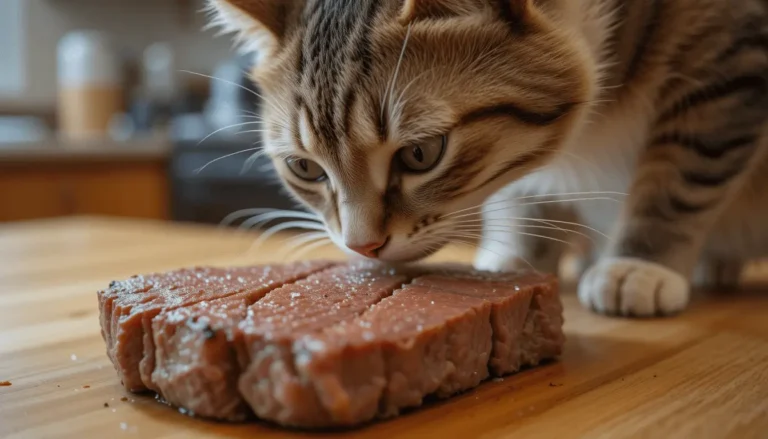Can Cats Eat Coconut? Pros, Cons & Best Ways to Serve It
Introduction
As a cat owner, it’s natural to wonder which human foods are safe for your feline friend. One food that has garnered attention for its health benefits is coconut. From coconut oil to coconut meat, you might be curious if these coconut-based products are suitable for your cat. Can cats eat coconut? In this article, we’ll dive into whether coconut is safe for cats, its potential benefits, and any risks associated with feeding it to your pet. By the end, you’ll have a clear understanding of whether coconut can be a treat for your kitty.
Is Coconut Safe for Cats to Eat?
Before sharing any human food with your cat, it’s important to consider how it affects them. While coconut isn’t toxic to cats, there are some factors to keep in mind regarding its nutritional content and digestibility.
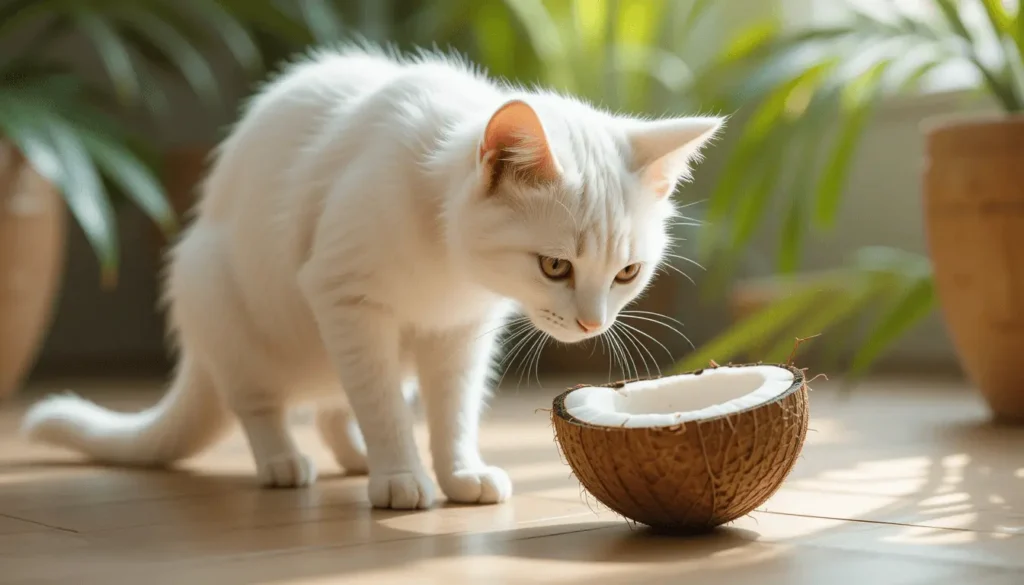
What is Coconut, and What Are Its Different Forms?
Coconut comes in various forms, each with different properties:
- Coconut meat: The solid, edible part of the coconut.
- Coconut milk: A liquid made from grated coconut meat.
- Coconut oil: The oil extracted from the coconut meat, often used for cooking or skincare.
While coconut is generally safe in small amounts, each form has different effects on a cat’s health. It’s important to understand the nutritional value of each type before feeding it to your cat.
Can Cats Digest Coconut?
Cats are obligate carnivores, which means their bodies are designed to process meat, not plant-based foods like coconut. Some cats can tolerate coconut in small amounts, but others might have difficulty digesting it due to its high fiber content. If you choose to feed your cat coconut, start with a very small portion and monitor their reaction.
Before feeding any new food to your cat, it’s always wise to consult reputable sources for expert advice on pet health and safety. The American Veterinary Medical Association (AVMA) provides excellent resources for pet owners, including guidance on safe feeding practices and common health concerns. You can explore their pet care section for more detailed information on how to keep your cat safe and healthy (AVMA Pet Care Resources).
Potential Benefits of Coconut for Cats
Although coconut should never replace a cat’s regular diet, it can offer some benefits when consumed in moderation.

Coconut Oil for Skin and Coat Health
Coconut oil is often recommended for its potential to improve skin and coat health. If your cat suffers from dry skin, coconut oil can be applied topically to help moisturize their skin. It’s also sometimes used to help alleviate dandruff and dry, flaky patches. Some owners even mix a small amount of coconut oil into their cat’s food to promote a shiny, healthy coat. However, be cautious about the amount to avoid excess fat.
MCTs (Medium-Chain Triglycerides) in Coconut Oil
Medium-chain triglycerides (MCTs) are found in coconut oil and are a type of fat that is more easily processed by the body. MCTs can provide a quick source of energy and may support cognitive function. For older cats or those with health issues, a small amount of coconut oil might be beneficial. That said, it’s important to use MCTs in moderation to avoid digestive upset.
Coconut Water for Hydration
Coconut water is a natural source of hydration and electrolytes. While it’s not necessary for your cat’s daily hydration (as fresh water is always the best option), a small amount of coconut water can be a fun and refreshing treat. Choose natural coconut water with no added sugars or preservatives, and use it as an occasional treat to offer some variety.
Risks of Feeding Coconut to Cats
Despite its potential benefits, there are several risks to consider when feeding coconut to your cat.
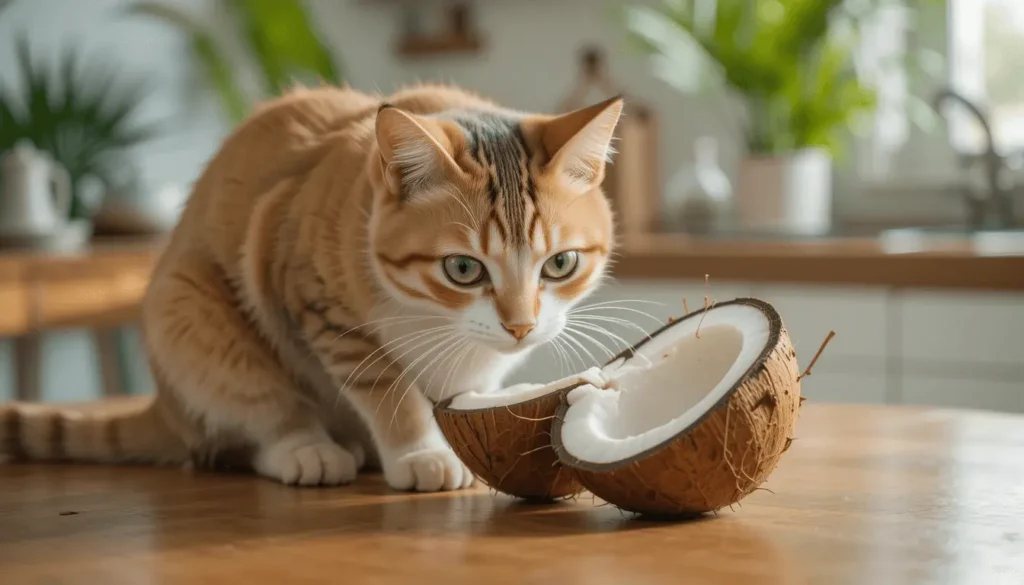
High Fat Content
Coconut, especially in its oil and meat forms, is high in fat. Excessive fat can lead to weight gain, which can increase the risk of obesity-related health issues, such as diabetes and joint problems. Cats that are prone to pancreatitis should avoid coconut, as the high fat content may trigger an episode. Always serve coconut sparingly to avoid these risks.
Digestive Issues
The fiber in coconut can be a double-edged sword. While fiber can help with digestion, too much can lead to digestive upset in cats. Symptoms like diarrhea or constipation can occur if a cat consumes too much coconut, especially if they are not used to plant-based fibers. Start with a very small amount to see how your cat reacts, and watch for any signs of gastrointestinal discomfort.
Allergic Reactions
Though rare, some cats may be allergic to coconut or other ingredients in coconut-based products. If you notice symptoms like itching, swelling, or upset stomach after feeding your cat coconut, stop immediately and consult your vet. Allergic reactions can range from mild to severe, so it’s important to be cautious.
While coconut may have some benefits, it’s essential to be aware of the potential risks. For example, feeding your cat too much coconut oil may lead to digestive issues. If you have concerns about your cat’s diet or notice any digestive problems, PetMD provides expert advice on feeding cats safely and dealing with digestive concerns (PetMD Coconut for Cats).
How to Safely Introduce Coconut to Your Cat’s Diet
If you decide to give your cat coconut, there are some important steps to ensure it’s done safely.
Moderation is Key
Coconut should be considered an occasional treat, not a regular part of your cat’s diet. Start with small portions—a teaspoon of coconut meat or a few drops of coconut oil—and observe how your cat responds. If all goes well, you can occasionally offer it as a special treat.
Choose Natural Coconut Products
Avoid coconut products that contain additives such as sugar, artificial sweeteners, or preservatives. Sweeteners like xylitol, in particular, are toxic to cats and can cause serious health issues, including liver failure. Stick to pure, natural coconut products, without any unnecessary ingredients.
Consult Your Veterinarian
Before adding any new food to your cat’s diet, it’s always best to check with your veterinarian. They can help determine if coconut is a good fit for your cat, especially if your cat has any underlying health conditions or dietary restrictions.
Conclusion
Coconut is not toxic to cats and can be enjoyed in small amounts as an occasional treat. It offers benefits like improving skin and coat health and providing a natural source of hydration. However, due to its high fat content and potential to cause digestive issues, coconut should only be offered in moderation.
Always pay attention to your cat’s reaction when introducing a new food, and consult your veterinarian if you’re unsure. Coconut should never replace a balanced, meat-based diet, but it can be a fun and healthful treat when given carefully.
FAQ
Can cats safely eat coconut?
Yes, cats can have coconut in small amounts. But, always check with your vet first. This makes sure it’s good for your cat’s health.
What are the health risks of coconut for cats?
Coconut isn’t toxic, but it can upset a cat’s stomach. It might cause vomiting or diarrhea because of its fat. Also, too much coconut water can be bad, especially for cats with health issues.
What coconut products are safe for cats?
You can give your cat a little bit of coconut meat as a treat. Coconut oil is okay in small amounts, but only if your vet says it’s okay. Don’t give them coconut water because it has too many electrolytes.
Are there any benefits of coconut for cats?
Some people think coconut can help with fiber and coat health, thanks to coconut oil. But, these claims need more research to be sure.
How should I introduce coconut to my cat’s diet?
Begin with a tiny bit of coconut meat or a small amount of coconut oil. Watch your cat for any bad reactions. Always talk to your vet about how much to give.
Are there better alternatives to coconut for my cat?
Yes, there are safer options like fish oil or special cat treats. They give your cat important nutrients without the risks of coconut.

